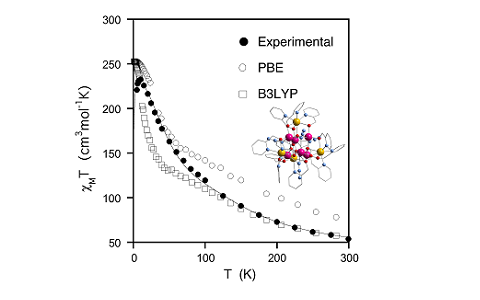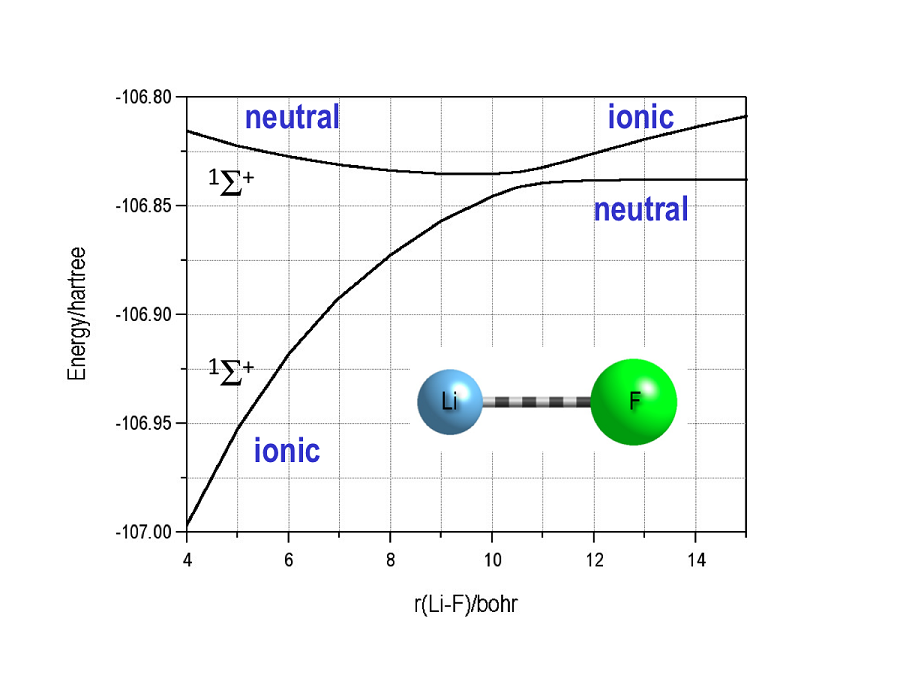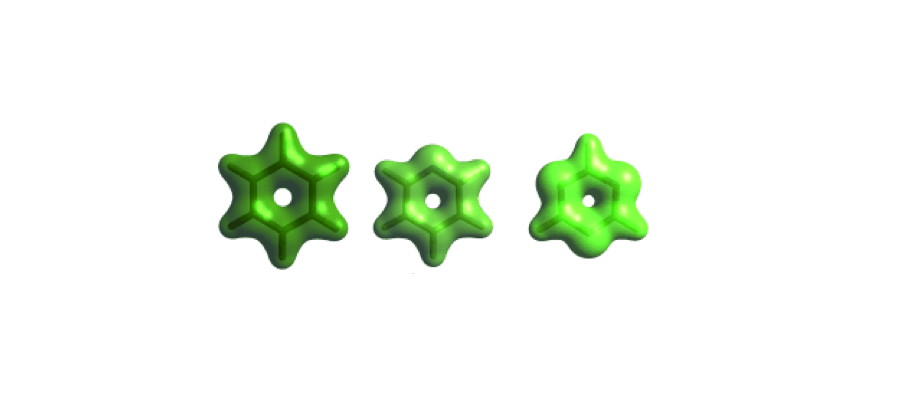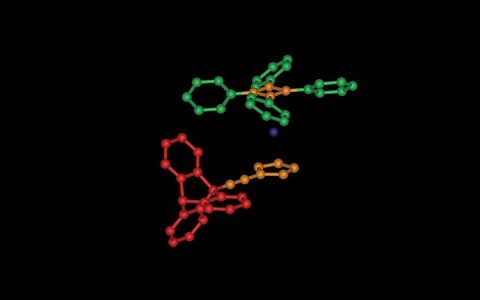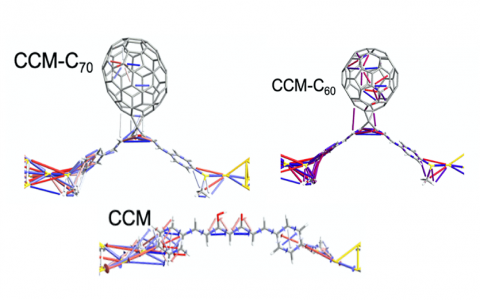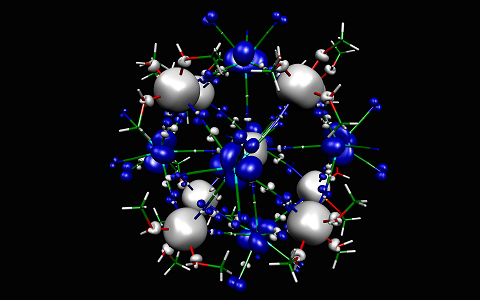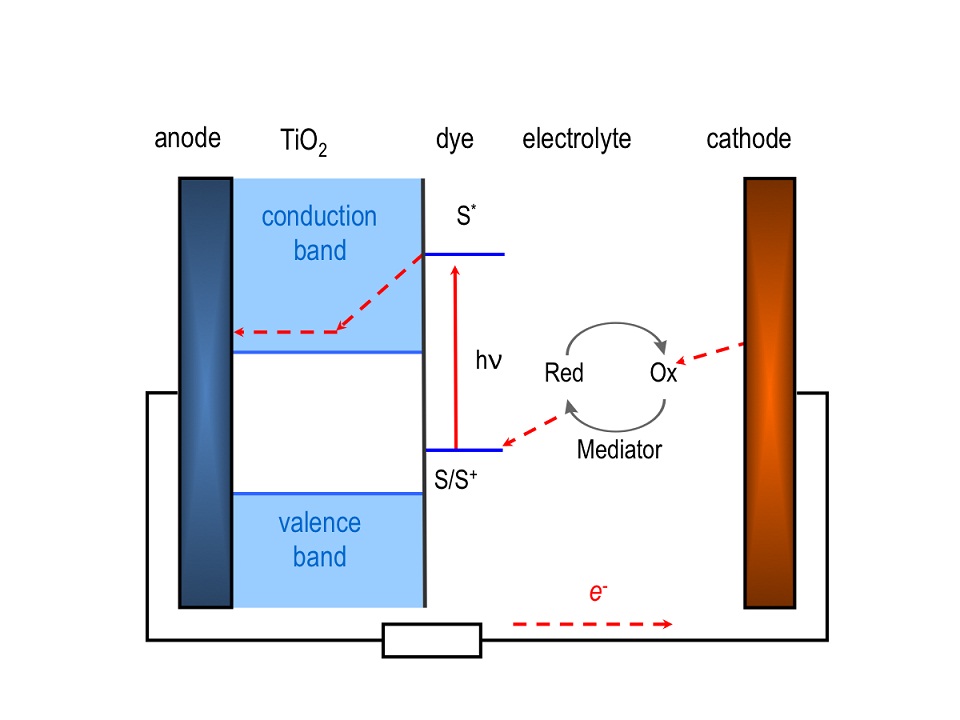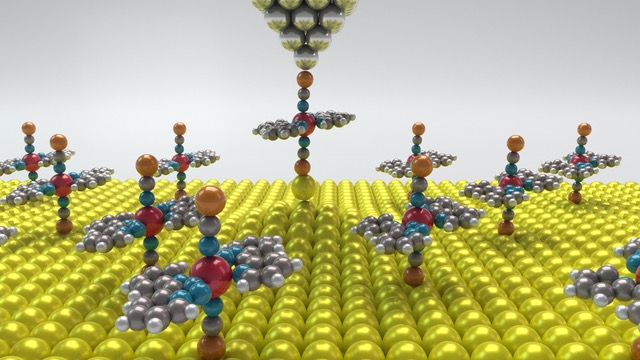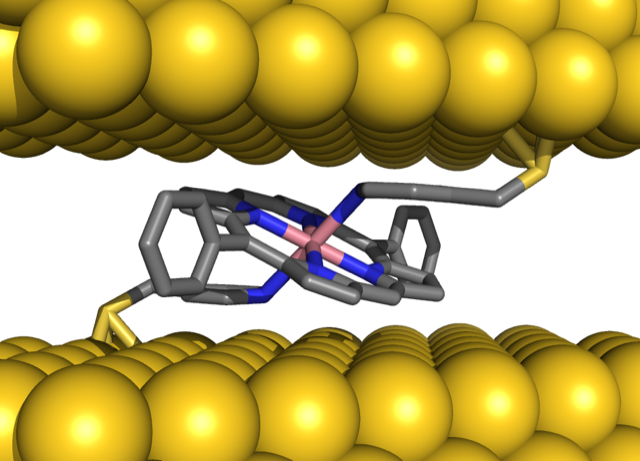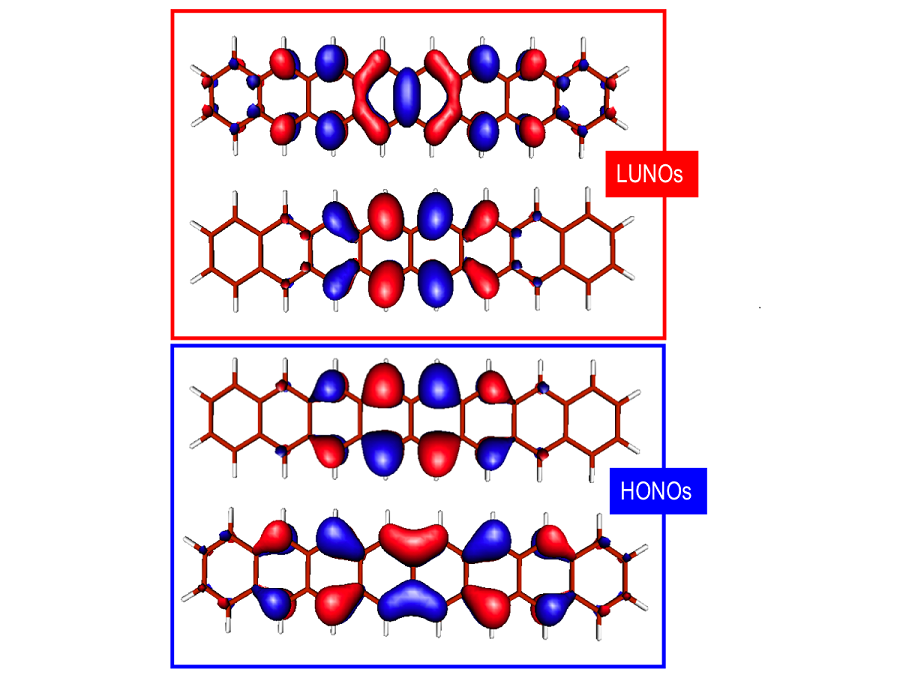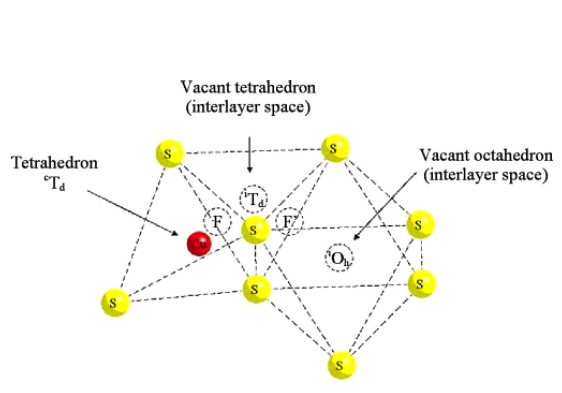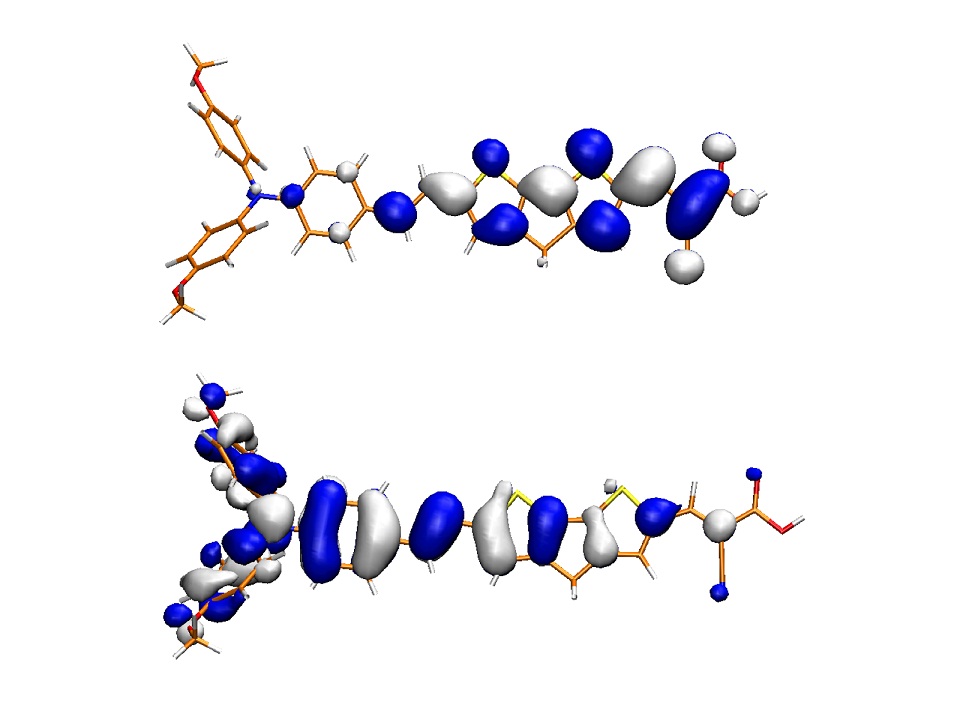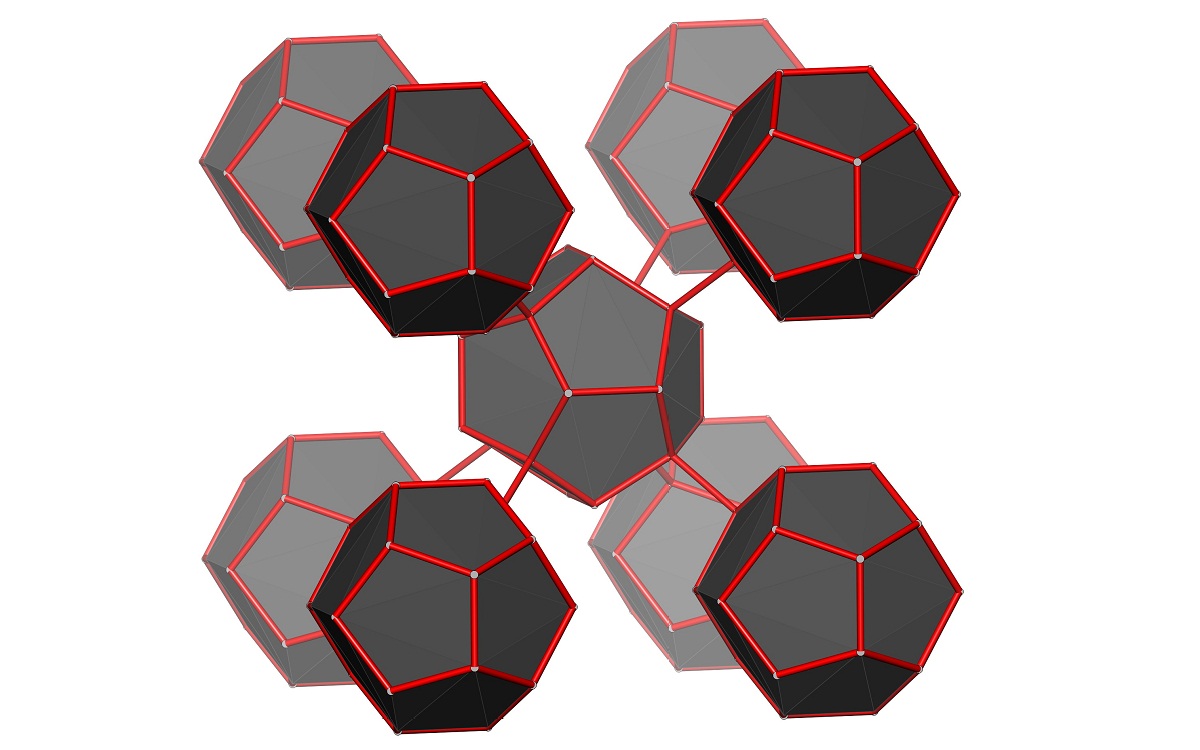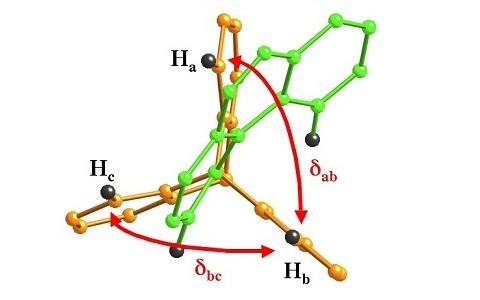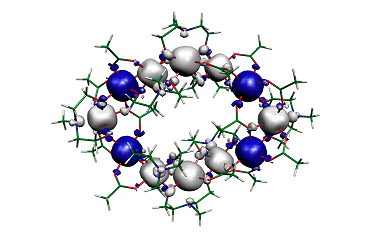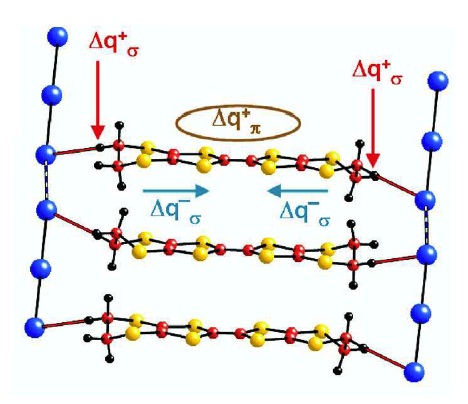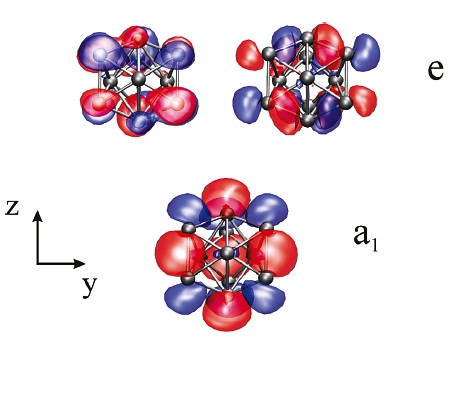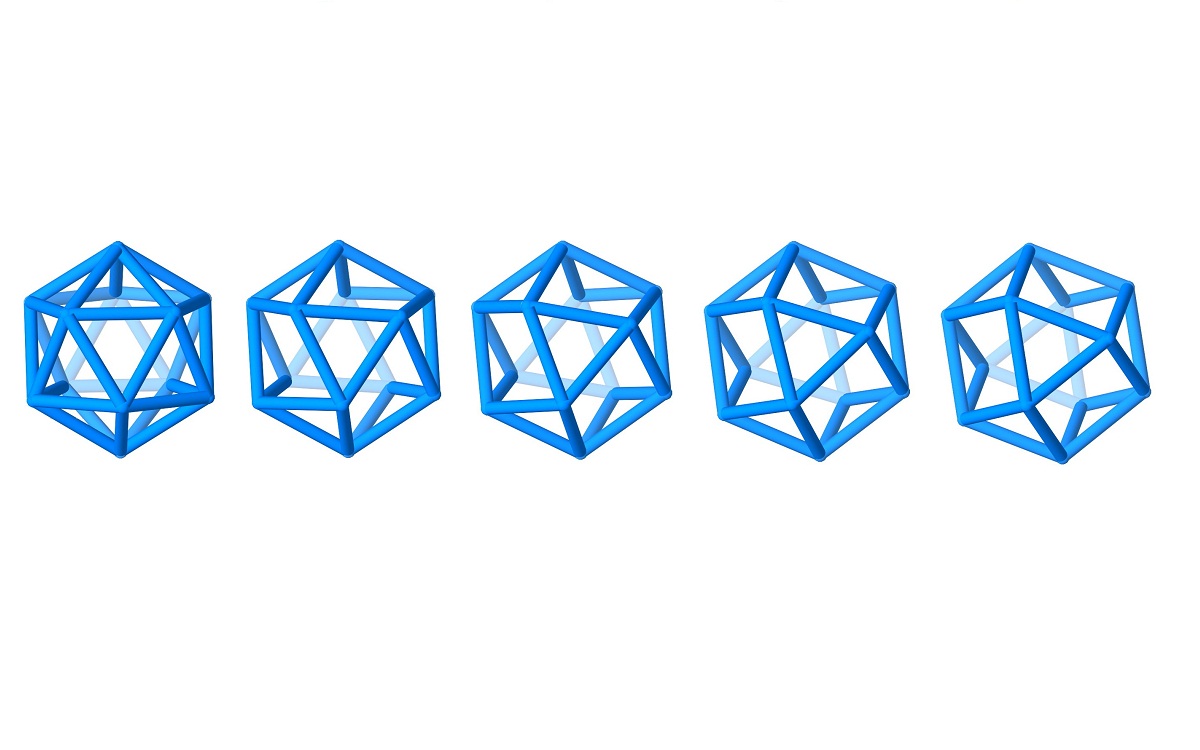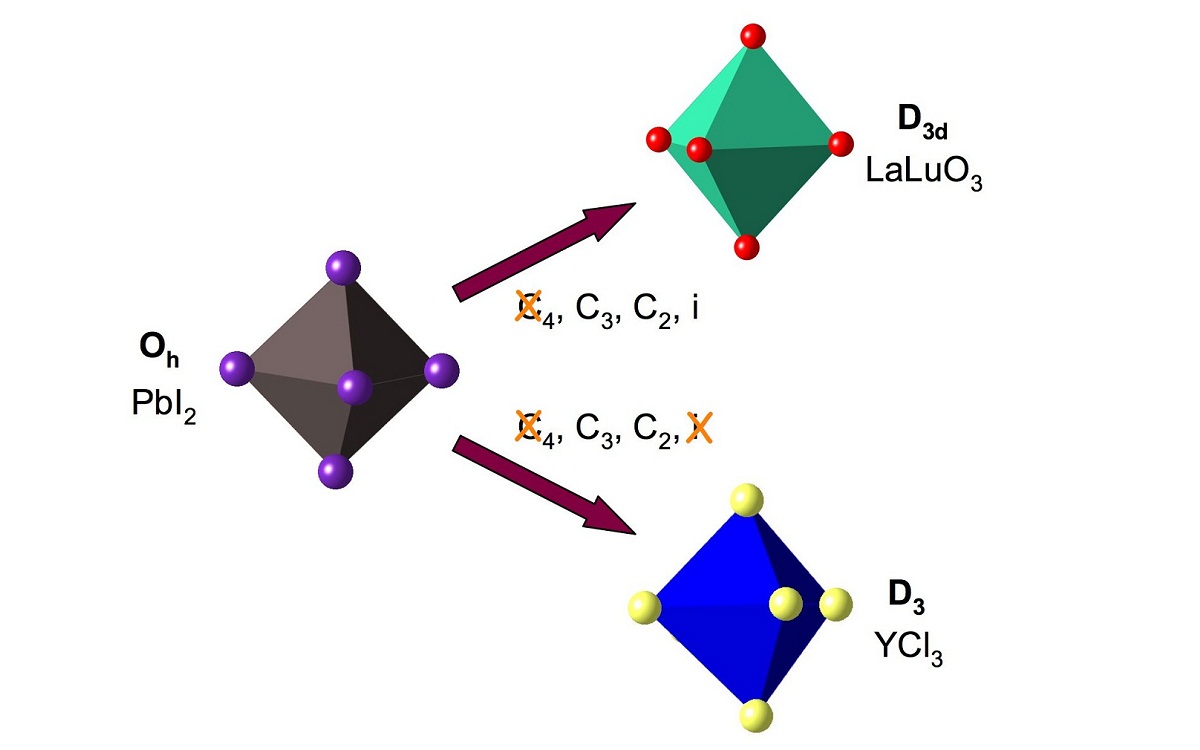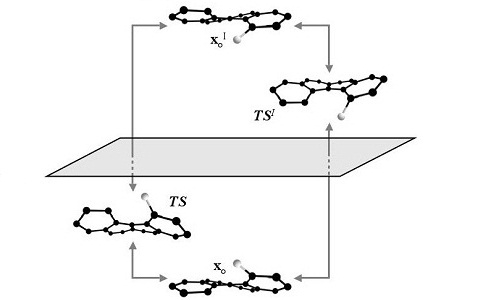Welcome to the Electronic Structure Group’s webpage at the Chemistry Department of the University of Barcelona.
We are a multidisciplinary research group carrying out theoretical research on bonding, electronic structure, shape and symmetry of molecules and solids, as well as on their relationships to chemical and physical properties. The following pages are intended to offer you a short overview of our recent research activities in the following topics:
Continuous Shape and Symmetry Measures. Applications in Structural Chemistry
Magnetic Properties of Complex Inorganic Systems
Stereochemistry, Bonding and Reactivity of Transition Metal Compounds
Transport Properties in Single-Molecule Devices
In our daily research we use quantum chemistry methods at different levels of approximation, calculations based on density functional theory (DFT) and post-Hartree-Fock methods for an accurate treatment of electron correlation both in molecules and extended solids. Theoretical results are confronted with experimental information when available, by means of the Cambridge (CSD) and Karlsruhe (ICSD) databases. Furthermore, synthesis and characterization experiments to complete the studies in the Magnetism and Transport topics are also carried out in our group.
Presently we are also engaged in the development of new mathematical algorithms in the field of Continuous Symmetry Measures (CSM). We have written the SHAPE and SYMOP programs that allow the calculation of CSMs for different polyhedra and molecular geometries and we are also developing a new program to calculate CSMs for wave functions, electronic densities and molecular orbitals.




